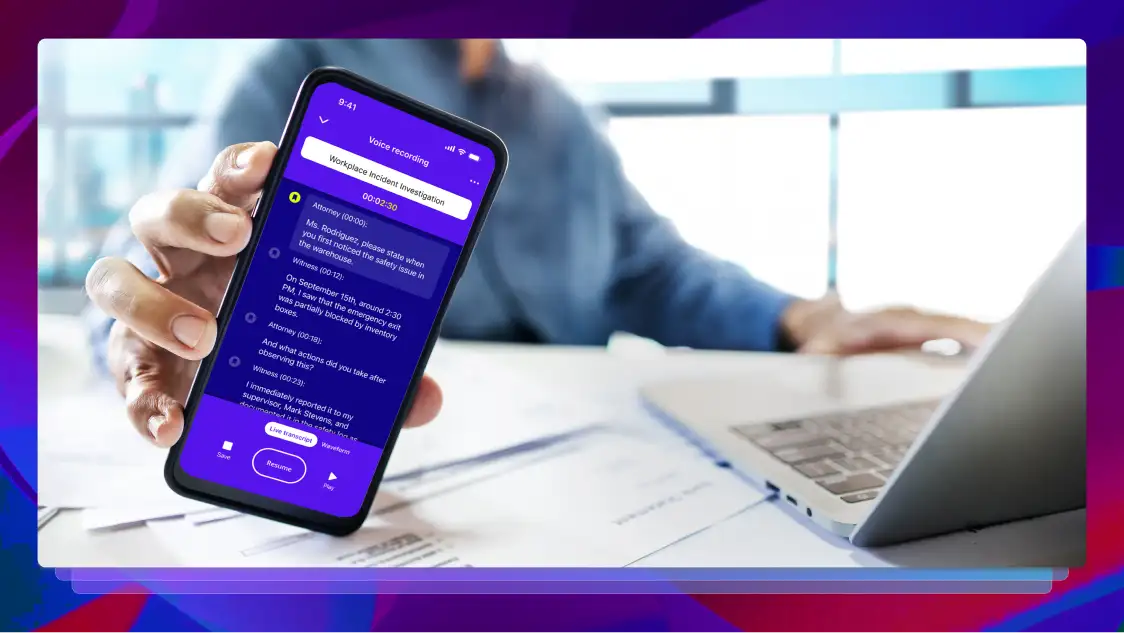What is a Ground-Truth Transcript?
Learn how a ground-truth transcript helps measure the accuracy of an automated speech recognition (ASR) system's output.

When you’re testing an Automated Speech Recognition (ASR) engine, you need something to determine whether the engine’s textual output is accurate. A measuring stick of accuracy, where the farthest end is 100 percent speech-to-text perfection. In the worlds of AI and machine learning (ML), this perfection is known as a ground-truth transcript.
Why is Ground Truth Important?
In order to properly check your machine learning algorithm, you need to be sure you’re testing it against the real world. AI is still many years away from achieving 100 percent accuracy in speech-to-text.That’s why a ground truth transcript is manually transcribed to ensure the highest possible accuracy. The closer the algorithm’s output is to your ground-truth transcript, the more accurate your ASR technology.
What’s the Best Way to Get a Ground-Truth Transcript?
When testing a speech recognition system, you’ll want to select a group of sample audio files, transcribe them accurately, and gather them into one large file. This process forms the ground truth data for your test.
To get as close as possible to perfect accuracy, you should have a human transcribe your sample audio clips. You can either transcribe them yourself, or send them to a transcription service like Rev, the industry leader in providing ground-truth transcription.
Our team of more than 50,000 freelancers can get you 99 percent accurate transcripts of your audio files within 24 hours, so you can rest assured that you have the most accurate ground-truth transcripts possible.
But our freelancers don’t just create accurate ground-truth transcripts for our customers.
They create them for us, too.
Allow us to explain.
Our freelancers work with, and train, Rev.ai, our industry-leading speech-to-text AI. And they provide ground-truth transcripts for our speech recognition team. In turn, our Rev.ai engine produces a rough draft from which all Rev transcriptionists begin their work.
It’s that unparalleled combination of humans and AI working symbiotically for well over 10 years that has allowed Rev to dominate both the human and AI sides of the speech-to-text industry.
Subscribe to The Rev Blog
Sign up to get Rev content delivered straight to your inbox.



